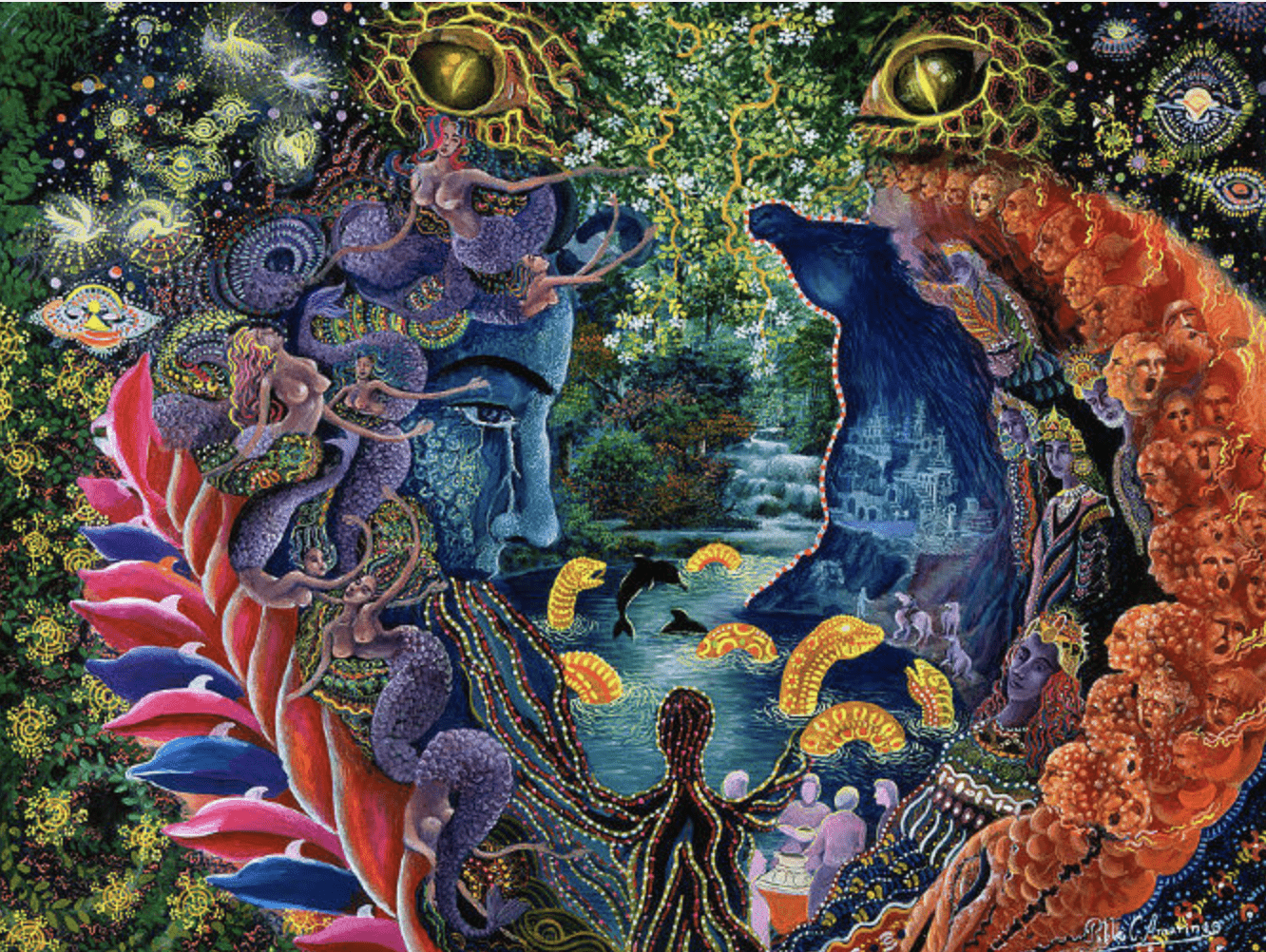From growing up in the jungle to practicing ayahuasca in the city: An exploration of
the globalization of ayahuasca in terms of authenticity, self-care, and the challenges of such
globalization for medical anthropology
Authors:
Maja Kohek, José Carlos Bouso, and Genís Oña.
Journal:
Revista de Antropología Social
Year:
2023
About the study
This study offers an in-depth look at the globalization of ayahuasca, focusing on the case of a woman who migrated from the Amazon rainforest to Barcelona. The paper explores how her experience reflects the interaction between traditional shamanic practices and modern urban contexts. This analysis allows for a broader understanding of how globalization affects traditional spiritual and medical practices, highlighting the fluidity and adaptability of shamanism, religion and health.
Abstract
This paper is a case study of a woman who migrated to Barcelona from the Brazilian rainforest seventeen years ago and her journey to becoming a healer working with ayahuasca, kambô (frog venom), and sananga (herbal eye drops). The concepts of authenticity, communitas, and self-care are discussed. We argue that shamanism, religion, and healthcare are all fluid, dynamic processes that influence, interact with, and absorb their surroundings. Exploring the compatibilities between beliefs and practices from different traditions mixed with biomedical approaches helps us broaden our understanding of the relationships between religion or spirituality, health, and well-being. We conclude this manuscript by requesting the medical anthropology community offer insight into the complex challenges arising with the globalization of ayahuasca practices.
Photo by Sydtomcat on Wikimedia Commons.
Categories:
Studies & papers
, Ayahuasca
Tags:
psychedelics
, community
, hallucinogens
, self-care
, authenticity
, ayahuasca
, Santo Daime
, scientific research
, study
, shamanism
, global

